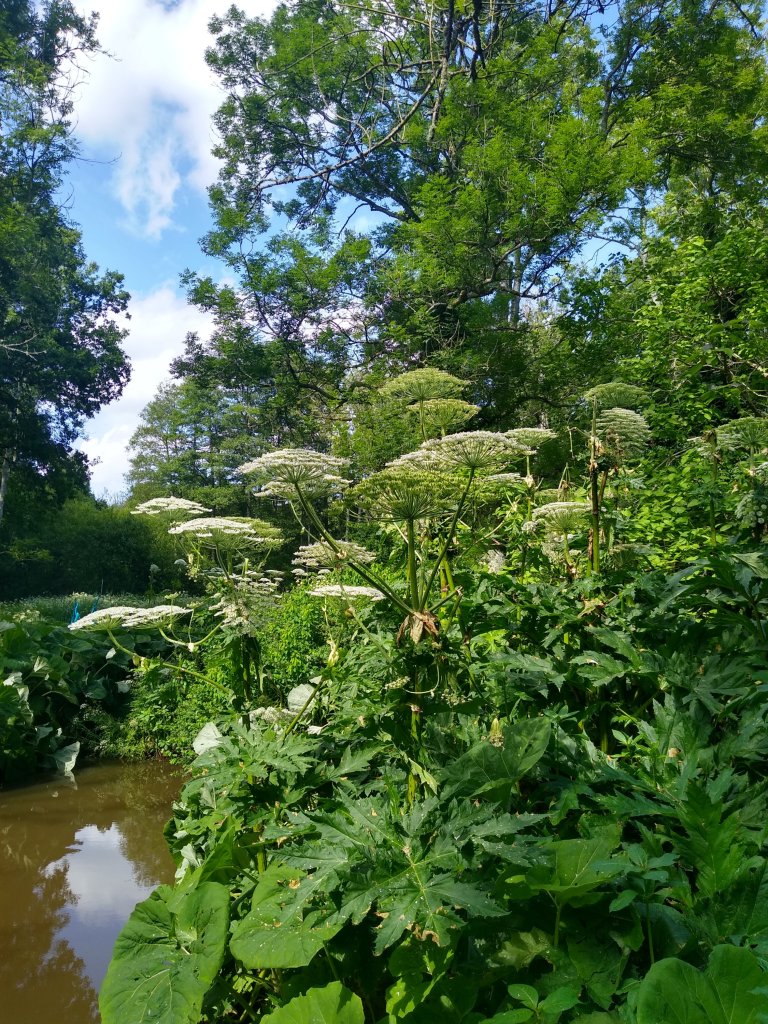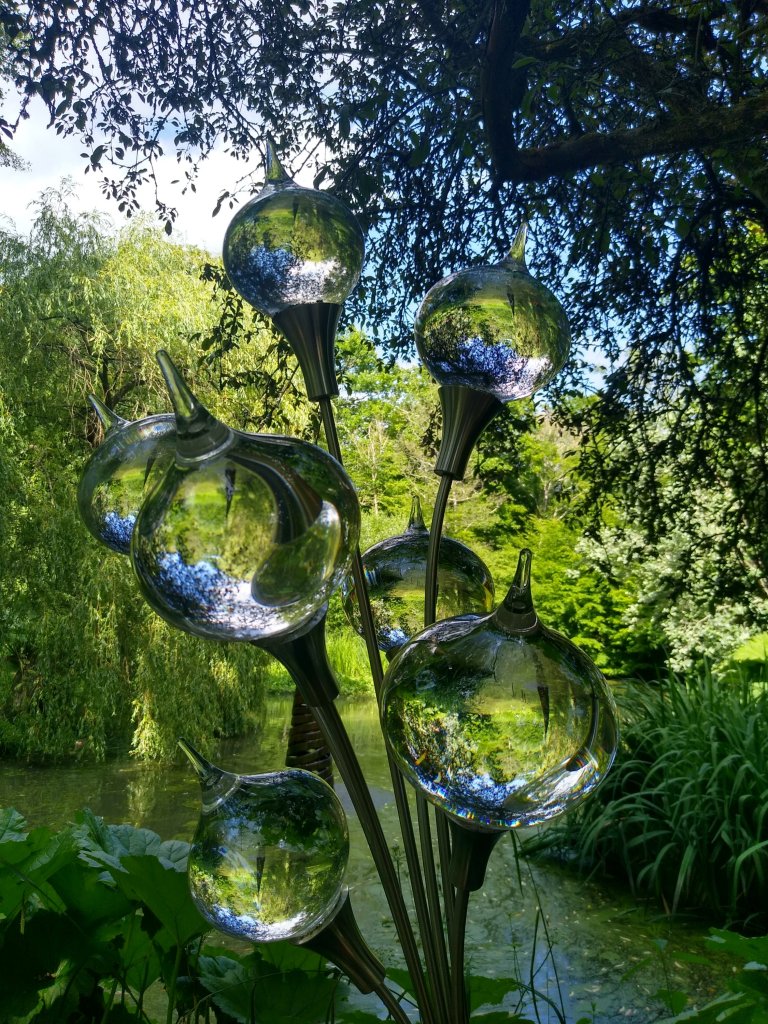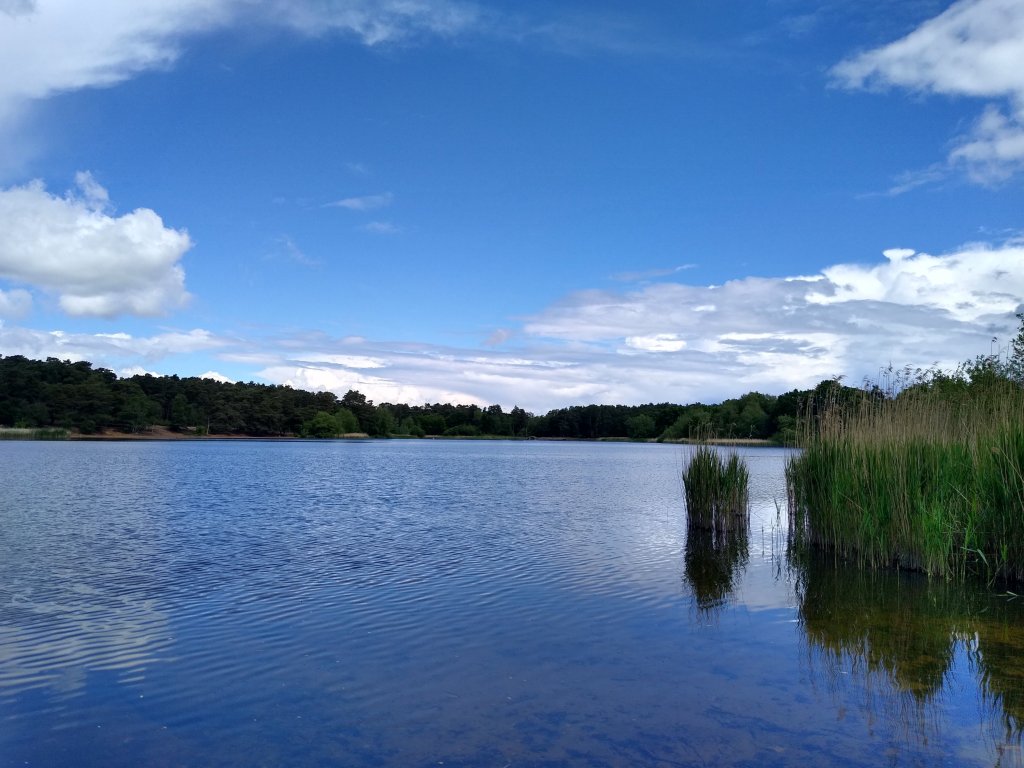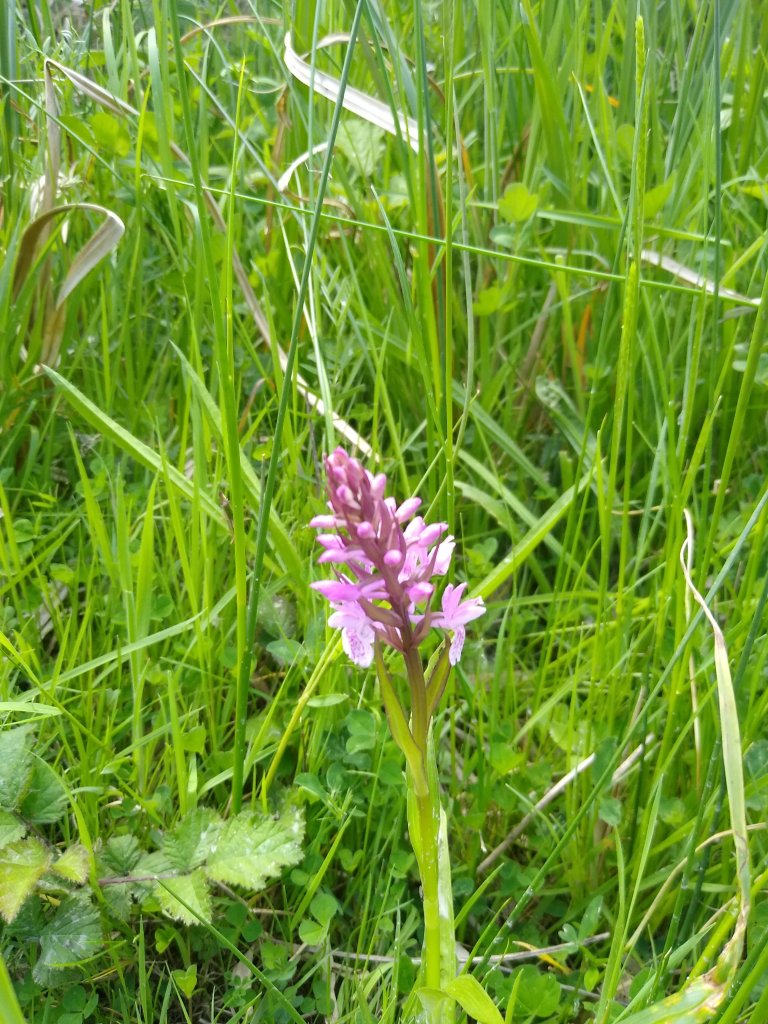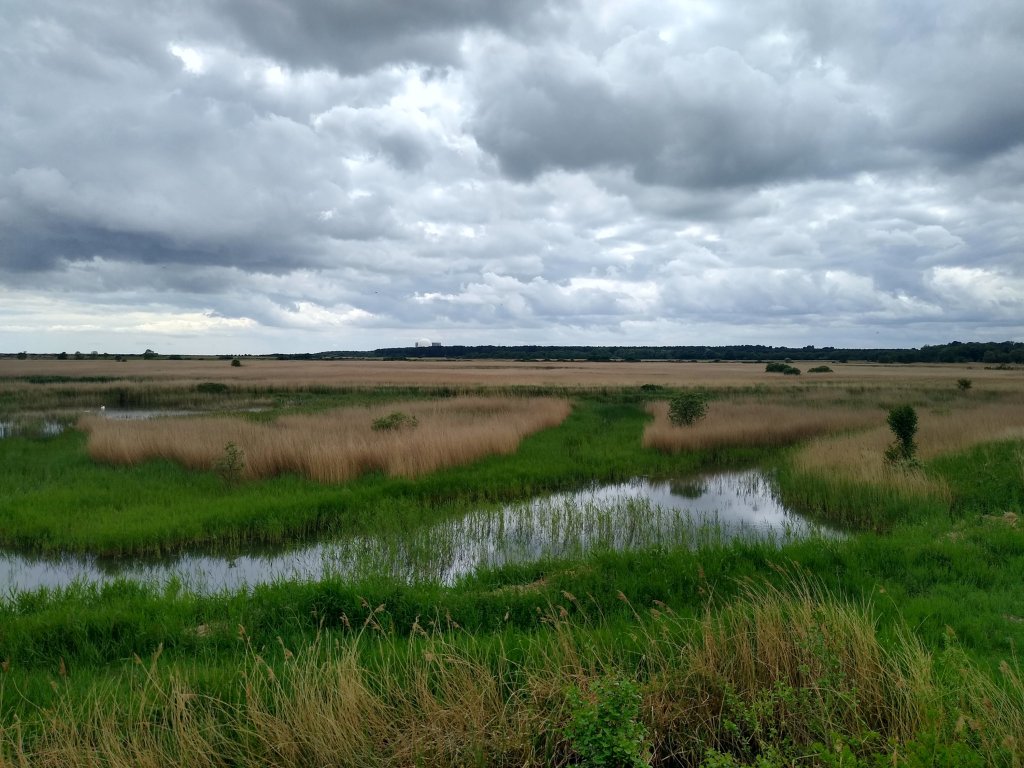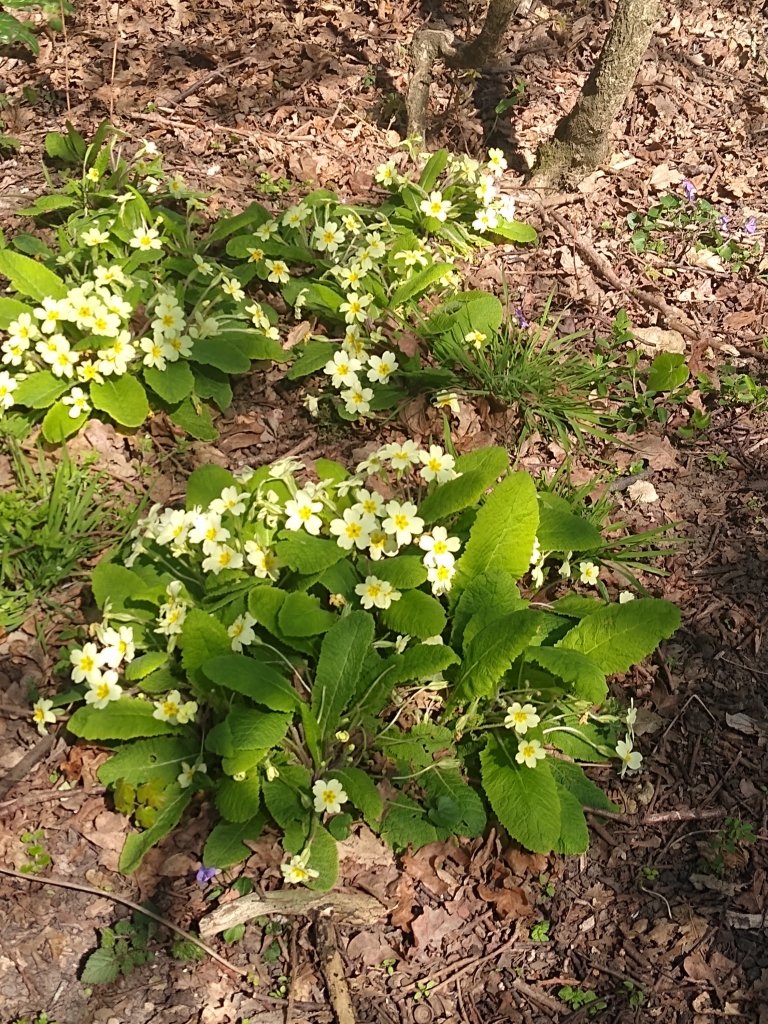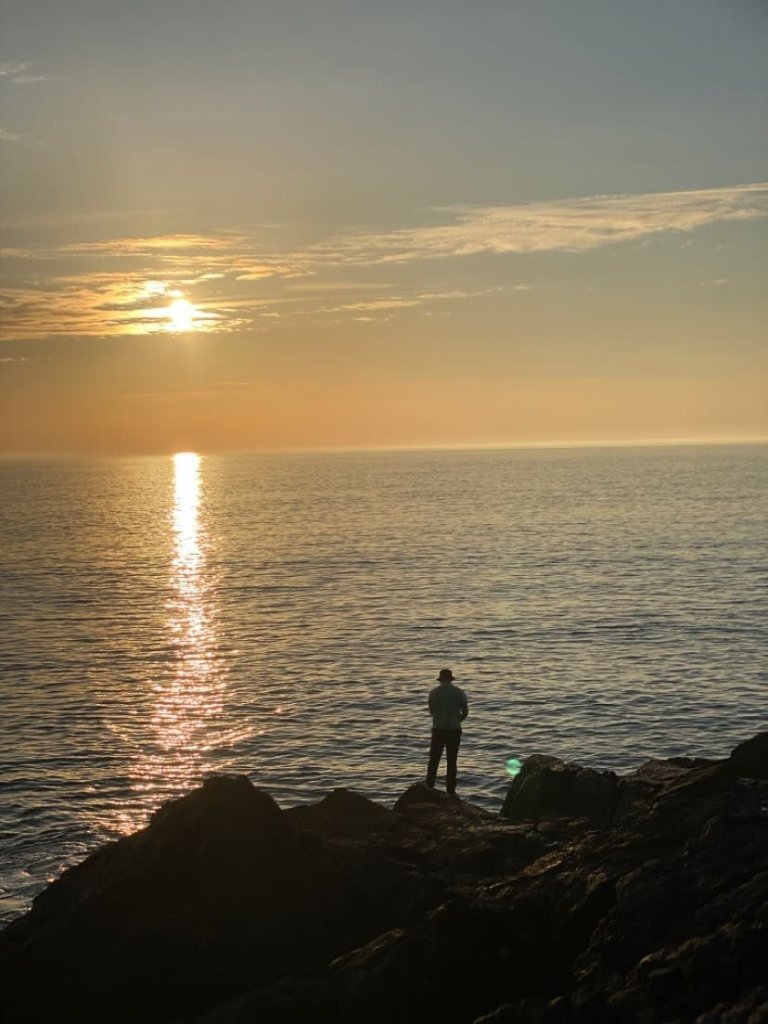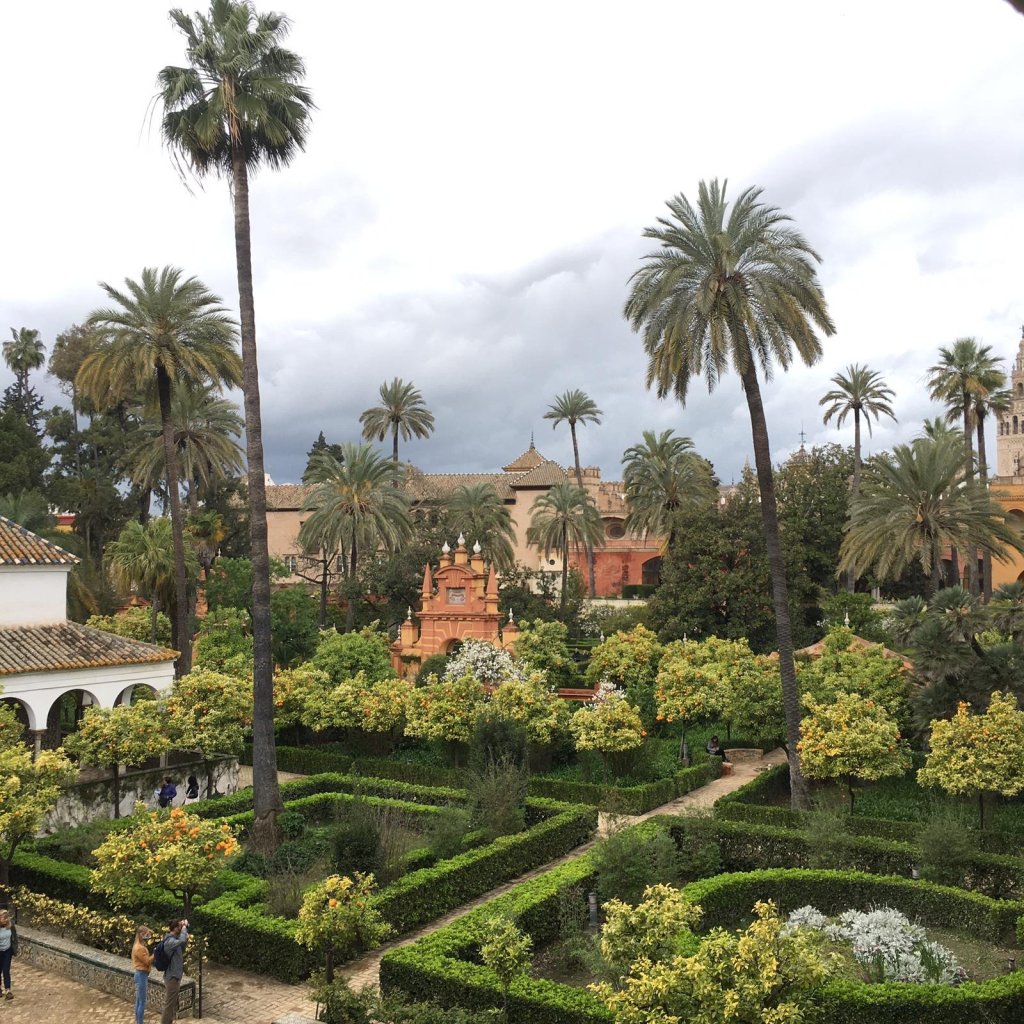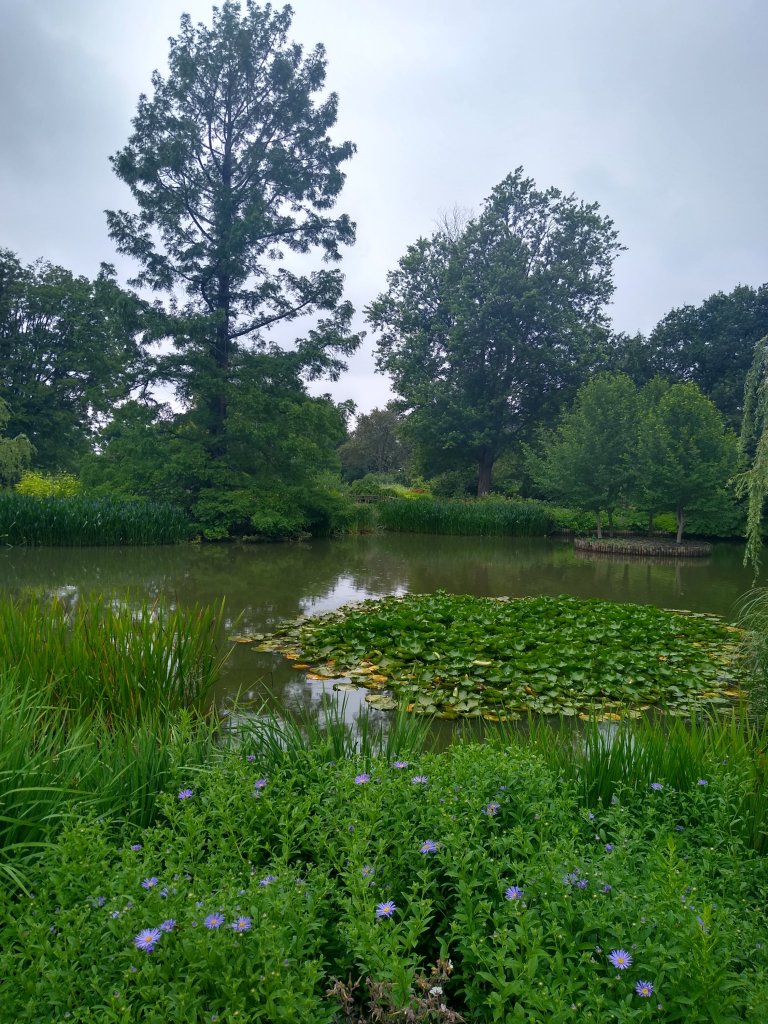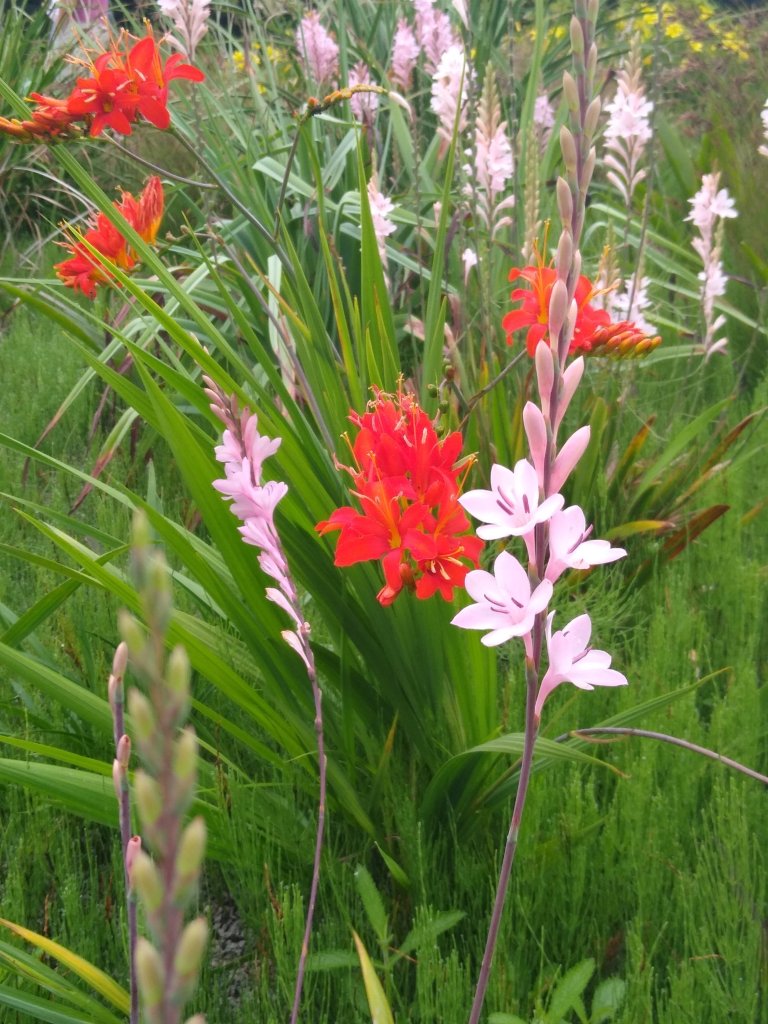One Sunday, not so long ago, our vicar prayed for people who were struggling, those for whom putting one foot in front of the other was a major achievement, actually or metaphorically. He likened it to the gargantuan challenge of climbing the world’s highest mountain and all the strength and determination that takes.
Scripture tells us that God’s strength is made perfect in our weakness, but accepting our weakness and allowing ourselves to lean into God is often almost as big a challenge as the mountain we have to climb. It is a grace that those who have suffered deeply or long have embraced and out of this can teach us much if we are willing to listen, we who have yet to walk this path.
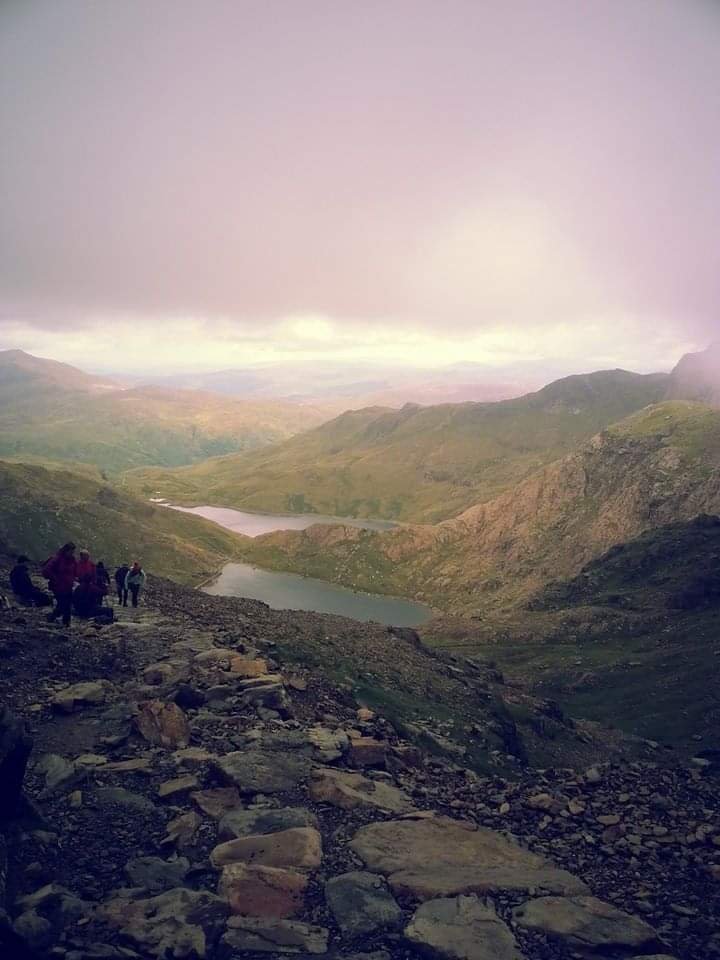
One of my goals as I reached my half century was to climb Snowdon, Wales’ highest peak. I trained beforehand as I am neither very fit or outdoorsy and felt I was in good shape to tackle the task I had set myself. I had the right boots, walking poles, enough water and snacks, warm clothes… However, as in all of life, there are unknown factors and I had not anticipated a rock that tilted under my feet when we were not even halfway up, causing me to fall and cut my shin quite badly.
Suddenly the mountain seemed so much higher and more arduous and the question of failing became a real possibility. Without the encouragement of my family and the support of the poles, I would never have made it, and was reduced to counting off hundreds of steps as I approached the summit.
So we reached the top, climbed the cairn and could see absolutely nothing! The mountain was shrouded in cloud and the mid August temperature had dropped to minus one making me very glad to have my gloves.
Of course, once at the top, we had to come down again and I was really hobbling by then. With my two younger children, I opted for the longer, shallower descent while the others went back to fetch the car. I honestly could not have done it without the children cheering me on, and the glimpses of the panoramic valleys below us through the clouds as we descended.
I’ve reflected a lot about this adventure in the years since, as it has shown me a life lesson or two. Though I had a spectacular bruise and swelling, my injury and pain was temporary. It was a shortlived experience of others’ much longer journey.
I also reflected on the mountain top experience, so different from the Instagrammable photos of sunshine and spectacular views that we subconsciously absorb and somehow expect. But how many people arrive at the top of their mountain battered, bruised, exhausted or empty? Too tired to appreciate the moment, unable to see what they have achieved, dreading the ‘what next?’ of the descent. Those sunshiny mountain top experiences are wonderful and to treasure, but we all come down eventually, leaving only what we’ve learned and a memory.

When there is no view from the top, all you have is the journey and what you take from it. I learned to persevere when I wanted to give up, to accept that putting one foot in front of the other took me one step closer to a goal that seemed almost out of reach. I learned the value of people around me to help and encourage me on my way, and I learned the value of preparation and training (I definitely would not have got to the top without my walking poles).
God was with me on that walk, as He is on the journey of my life with its mountains and valleys to cross.
Let’s pray for those struggling up their own mountains of loss, or pain or suffering, illness, loneliness, depression and all those other challenges life throws at us, some more than others it seems.
Snowdon was my Everest that day but there have been and will be other symbolic Everests to climb up and come down. Let’s climb in our weakness, alongside the One who is strong and perfect.


